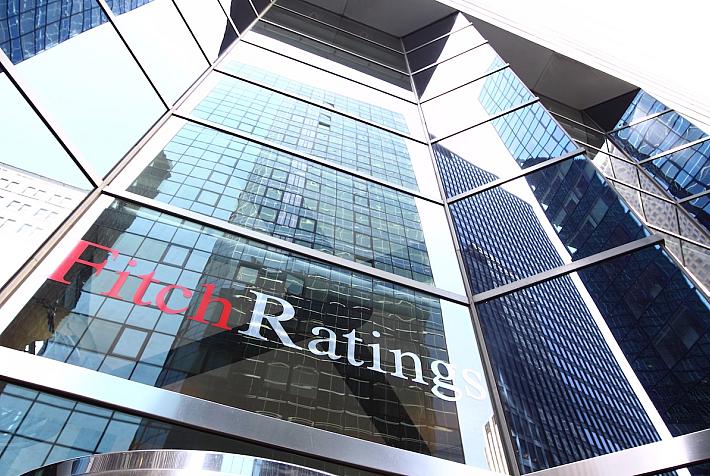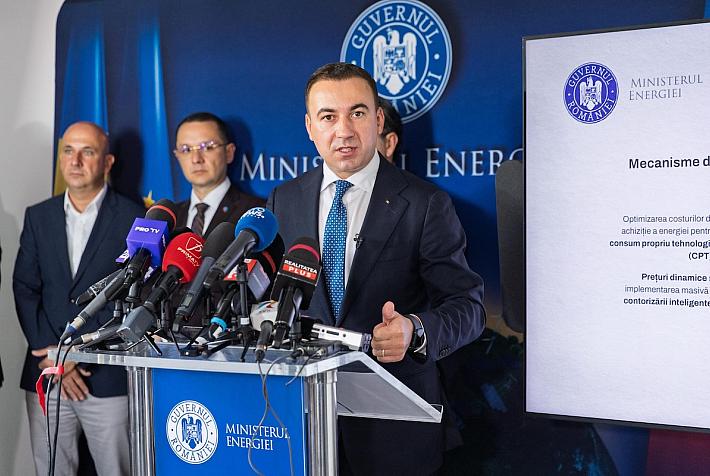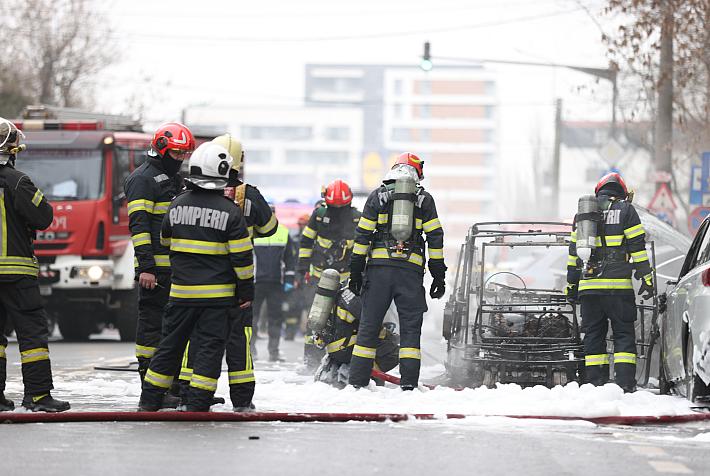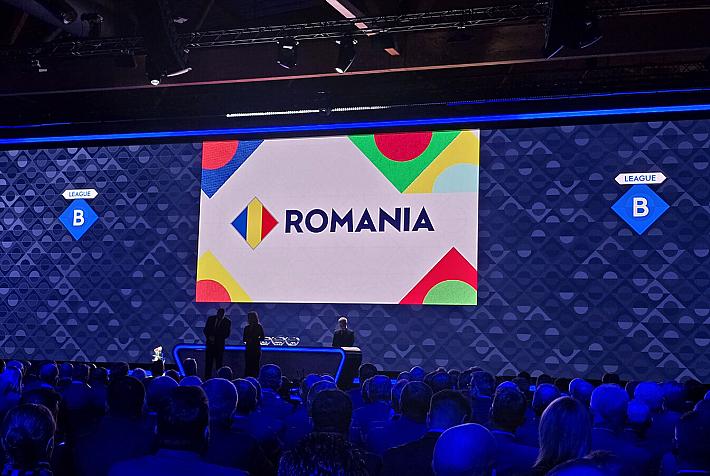Opinion: Romania's elections promise drama, but raise serious questions for the country


Following the elections on Sunday, the full extent of the Social Liberal Union's (USL) victory is becoming clear. The group has a huge majority in parliament and the clear mandate from the electorate is going to make incumbent president and political opponent Traian Basescu weaker and more isolated than before.
The international media has turned its attention to the Romanian elections, but many news sources appear to have asked the wrong questions. The continuation of conflict between president and parliament appears to be a certainty, not a possibility as suggested internationally. The USL, and anyone else who isn't a fan of Mr Basescu, will probably enjoy watching the president having to nominate a USL prime minister, in all probability Victor Ponta.
This promises more battles between president and PM, which commentators say could affect Romania's chances of securing another deal with the International Monetary Fund next year. Doubtless, political instability could prevent a deal being struck, but all the main political groups have repeatedly confirmed their commitment to the IMF's program.
A far bigger threat to a new deal, universally acknowledged as vital for Romania, could be the pace of privatization. The head of the IMF delegation to Romania Erik de Vrijer said that Romania must meet all the objectives of the current deal before a new one can be struck. Given the failures of privatizations over the last year, this is going to prove difficult.
Another question post elections is whether the USL will attempt another indictment of the president, rather than waiting for presidential elections. In this respect, Crin Antonescu, the head of USL member the National Liberal Party (PNL), will probably be the most eager to see the president removed, considering his recent comments.
Presidential impeachment would ring alarm bells in Brussels and it is questionable whether it could be achieved without breaking the commitments made to the EU on the rule of law in the wake of the previous bungled and unconstitutional attempt. The USL has used emergency legislation with alarming frequency, but with the landslide victory and the majority in parliament, there will be less reasons and less excuses to use this constitutionally dubious means of passing bills.
The Right Romania Alliance, which included President Basescu's Democratic Liberal Party (PDL), has broken up following the catastrophic results. The center right groups in Romania are now in complete disarray, with tiny parliamentary representation. It's going to be long road to building popular support and becoming credible political forces again.
There is now no serious opposition to the USL in parliament; on the one hand the USL has a clear mandate from the people and should be able to put policies into effect with virtually guaranteed, overwhelming parliamentary support. However, the flip side is that there is no effective opposition to question and contest the USL in parliament. The political row between president and prime minister has often been criticized, but bitter political opposition can be healthy in a democracy, if it serves the best interests of the country. And that's a big if in Romania's case.
There is a good argument that the Basescu vs Ponta battle has done far more harm than good. However, in a hypothetical future situation where Mr Basescu is out of office, by election or indictment, the USL could hold both parliament with a huge majority and the presidency. The question then will be whether the USL remains together once it has effectively eliminated its political opposition, or if the coalition will pull itself to pieces without a common enemy to unite it.
Whatever happens, it will be an interesting show for politics junkies, but hopefully Romania's people and fortunes won't get forgotten along the way.
Liam Lever, liam@romania-insider.com
(photo source: photoxpress.com)












